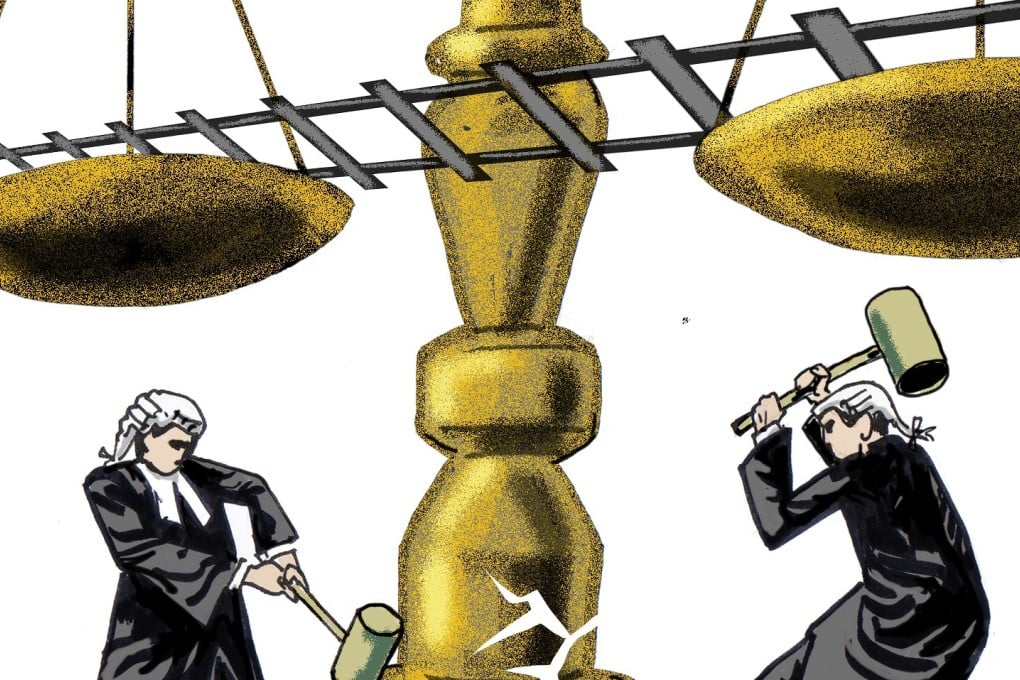Hong Kong lawyers can oppose the joint checkpoint plan for the high-speed rail, but they should not deny its legal basis
Ronny Tong says a professional body such as the Bar Association has a responsibility to refrain from using emotive rhetoric. Its recent statement not only falls short of this standard, but also reflects wilful ignorance of the changes in the legal system under ‘one country, two systems’


Don’t get me wrong; I respect the association’s view and do not expect it to coincide with mine. But I also expect a more restrained and measured statement, much in the vein of the statements that previous Bar Councils – the governing body of the association – have issued in the past.
But what does it mean?
Multimedia: Rule of law – how Hong Kong ranks against China, and the world
Our Court of Final Appeal has said on many occasions in interpreting the Basic Law that it is an aspirational document and one must adopt a purposive interpretation. This means the Basic Law is forward-looking and not enslaved by dated concepts. When we read the Basic Law, we must read it as a whole, try to discern its purpose, and give effect to it in accordance with such a purpose.
